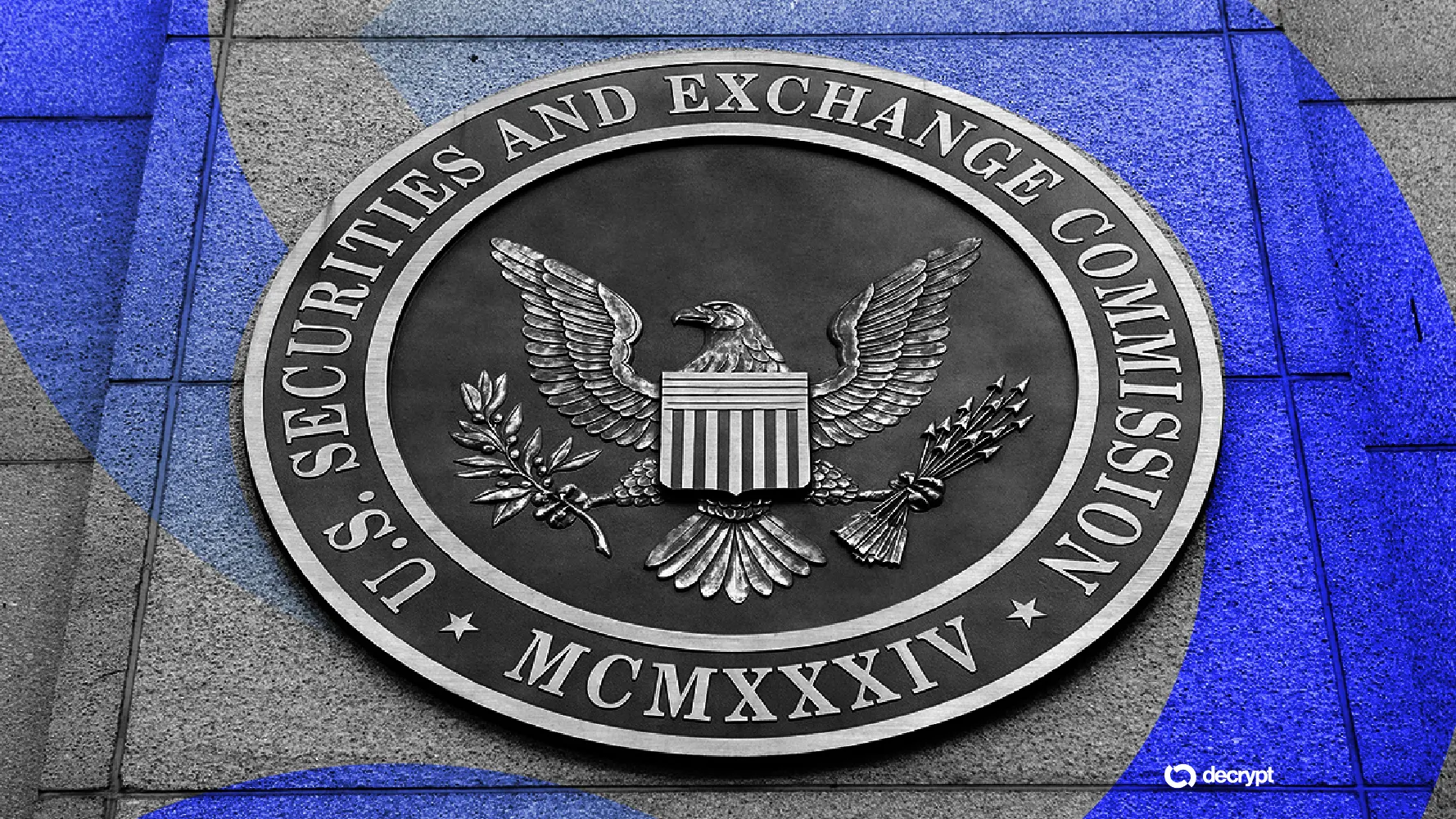In brief
- The SEC raised concerns about whether the REX-Osprey ETH and SOL ETFs qualify under the Investment Company Act of 1940.
- Despite ongoing discussions, the ETFs’ registration became effective on May 30 without resolving the issues.
- The letter came a day after SEC staff issued guidance exempting certain staking practices from securities rules.
The U.S. Securities and Exchange Commission on Friday warned that two proposed exchange-traded funds tied to Ethereum and Solana may not meet the legal definition of an investment company, raising concerns over their registration and potential eligibility for exchange listing.
In a letter to counsel for ETF Opportunities Trust, the SEC said staff had unresolved questions about whether the REX-Osprey ETH and SOL ETFs, which include staking components, are structured to primarily invest in securities as required under the Investment Company Act of 1940.
ETF Opportunities Trust is a Delaware-based open-end investment company that serves as a legal vehicle, or issuer, for launching multiple exchange-traded funds, including those managed by REX.
Sponsors REX Shares and Osprey Funds filed a registration statement for their proposed Ethereum and Solana ETFs on January 21.
The filing also included several other crypto-linked products, including the first proposed ETFs for the TRUMP meme coin, BONK, and Dogecoin, as well as additional funds tracking Bitcoin and XRP.
While the registration statement for the REX-Osprey Ethereum and Solana ETFs became effective on May 30, the funds have not launched and are not listed on any exchange.
“As we have communicated to you on several occasions, Commission staff continues to have unresolved questions whether the Funds, if structured and operated as proposed, would be able to meet the definition of ‘investment company’ under the Investment Company Act,” SEC staff wrote.
A fund qualifies as an investment company under U.S. law if it is primarily engaged in investing or trading securities, or if investment securities make up more than 40% of its total assets.
The agency also said the ETFs may have improperly filed under Form N-1A, which is reserved for funds that qualify as investment companies under federal law, and may also fall short of the conditions of Rule 6c-11, which allows ETFs to operate and list without seeking individual exemptive relief.
"To the extent that these concerns remain unresolved, the Commission staff will consider the appropriate next steps to ensure compliance with the federal securities laws," SEC staff wrote.
The letter follows staff guidance issued Thursday clarifying that certain types of crypto staking, such as self-staking and custodial staking, do not involve the offer or sale of securities under federal law.
The guidance, which is not legally binding, marked a shift from earlier enforcement stances and drew a dissent from Commissioner Caroline Crenshaw, who said the move “continues to sow uncertainty around what the law is.”
The SEC did not immediately respond to a request for comment.

